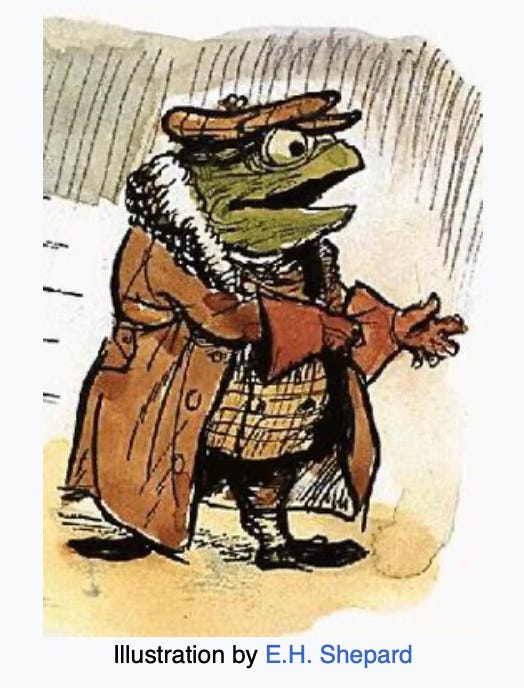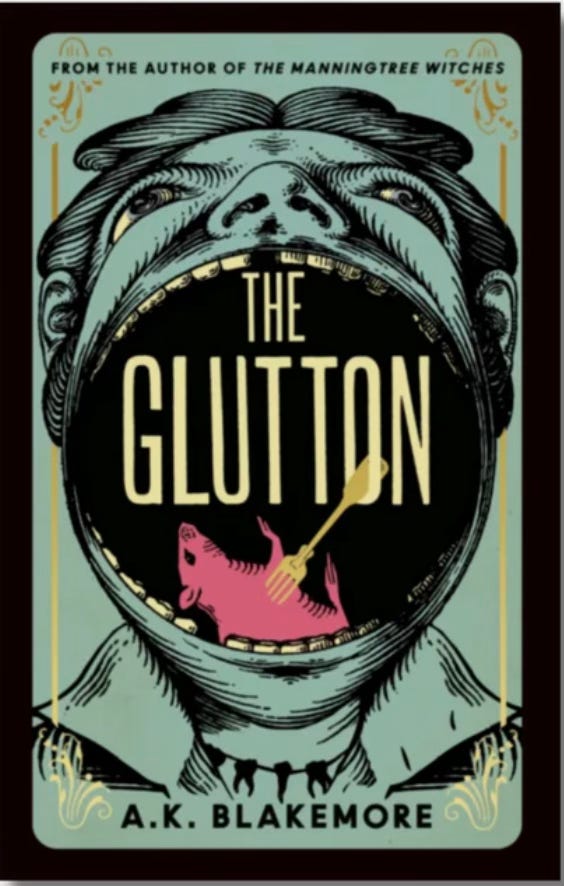May dates and a great book
Hello everyone! At last some sunshine. Really warm sunshine this week. Warm enough for shorts in the garden, dresses to the shops, and white trainers. Our walks have been balmy strolls, the sea flat calm and glassy. The first ice-cream of the season. At last. I hope it’s been equally pleasant where you are.
This week’s post veers towards history. A few May literary dates from the past and a look at a novel set in the time of revolutionary France. I hope you enjoy it. As always, I love to read your comments, so please do contribute if you want to.
This week in literary history Angela Carter was born on 7th May 1940, and Gustave Flaubert died on 8th May 1880 and Maurice Sendak on 8th May 2012. Edward Lear died on 12th May 1888. All authors on my book shelf.
On 9th May 1662 Samuel Pepys went “…to see an Italian puppet play that is within the rayles there, which is very pretty, the best that I ever saw, and great resort of gallants.” It’s the first recorded mention of Mr Punch in England, performed by Pietro Gimonde with marionettes rather than hand puppets. Presumably at some point between then and now we got to policemen and sausages and ‘That’s the way to do it!‘
Also on 9th May but in 1869, Henry James met George Eliot. The next day he wrote to his father telling him about the meeting. He starts well, “I was immensely impressed, interested and pleased.” He continues a little less well, “To begin with she is magnificently ugly - deliciously hideous.” After a few further gruesome remarks on her appearance he decides that “…in this vast ugliness resides a most powerful beauty which, in a very few minutes steals forth and charms the mind, so that you end as I ended, in falling in love with her. (…) I don’t know in what the charm lies, but it is thoroughly potent. An amiable physiognomy - a delightful expression, a voice soft and rich as that of a counselling angel - a mingled sagacity and sweetness - a broad hint of a great underlying world of reserve, knowledge, pride and power…”. He goes on in this rapturous vein until he rather spoils it all again by adding: “Altogether, she has the largest circumference than any woman I have ever seen.” Moving on…
On the 10th May 1907, on holiday in Cornwall, Kenneth Grahame wrote a series of letters to entertain his son Alastair, who had stayed at home with his Nanny. In the first letter Grahame asked “Have you heard about the Toad?” and the rest, as they say, is (literary) history.
Just as an aside, while I’ve been writing this I’ve had an eye on the television, listening to an old BBC programme where Mark Lawson interviews Alan Bennett. Bennett is, of course, a complete delight, an interviewers dream, responding to each question with memory after memory, story after story. Towards the end of the interview there is a terrific conversation about memoir, autobiography and diaries and the compulsion to see even the most awful of experiences as ‘making a good entry’. It’s well worth the watch if you can find it on Iplayer.
Did you read A K Blakemore’s ‘The Manningtree Witches’? Did you love it? I think it’s one of the best books I’ve ever read, and as a debut novel it was stunning. So, it was with relish that I picked up her latest novel ‘The Glutton’ and settled down to read it this week. I was not disappointed. Based on the true story of The Great Tarare, an itinerant entertainer in revolutionary France who was known for his prodigious appetite. There are stories of him eating massive amounts of meat, fruit, household objects, live animals and, perhaps, a small child. Blakemore re-imagines Tarare’s story, giving us a simple, illiterate young man, beaten almost to death by his mother’s lover and haphazardly making his way through the country; mis-treated, exploited and endangered by the group of vagrant con-men he falls in with when they realise his extra-ordinary eating habits. The novel begins and ends in a hospital as Tarare reaches the end of his life, aged just 25, watched over by a young nun. As she sits with him, (he is bound to the bed in case he commits some terrible act), he tells her his story. It’s in this recounting of his life that Blakemore’s rich and almost magical prose takes us through a world of hunger, cruelty, dispossession and loss of future. The historical Revolution is a backdrop that the characters’ lives play out against rather than engage with, but it is revulsion that is the lingering feeling. Even as Blakemore embroiders a detail-fine picture of a sunset, the lush French countryside, a cloud-streaked sky, she is stitching in the scenes of the boy gorging on offal, swallowing papers and fabric, consuming a stiff, dead rat with equally fine thread. There is a lot of hunger in this tale - hunger for order, for certainty, for love, for belonging, for something that is better than what Tarare has, or will ever have.
It’s an extraordinary book. At the same time as feeling utterly revolted by Tarare’s actions (even to the point of almost vomiting), I felt sad and sorry for him. Symbolically, his hunger was unfathomable and deeply affecting. Blakemore has once again given life to a very specific time in history through the very singular life of one protagonist. Do read it. It’s astonishingly good.
I’ve seen some reviews that liken Blakemore’s writing to that of Hilary Mantel - that ability to open up the internal life of someone, to pay as close attention to the environment as to the character. And yes, I can see this, and not just because they have both brought revolutionary France to life. But I was reminded more of the great book ‘Perfume’ by Patrick Süsskind. That total sensory envelopment that Süsskind gave us through Grenouille is exactly how I felt when reading ‘The Glutton’. I cannot recommend it highly enough.
That’s it for this week, lovelies. Enjoy the weather while it lasts. I’ll write soon. x.








This post is as rich as the beautiful sandstone cliffs of East Devon (lovely to see them!).
Kenneth Grahame's Toad is such a wonderful creation. One of the most wonderful characters from my childhood reading.
Sad to see Henry James digging that hole for himself, almost escaping and then falling right in. I sometimes forget he was just a human being.
As for Punch and Judy, it looks as if time has caught up with them: https://www.theguardian.com/stage/article/2024/may/11/punch-and-judy-project-puppets-modern-makeover
Love your historical anecdotes. I will add The Manningtree Witches to the list.